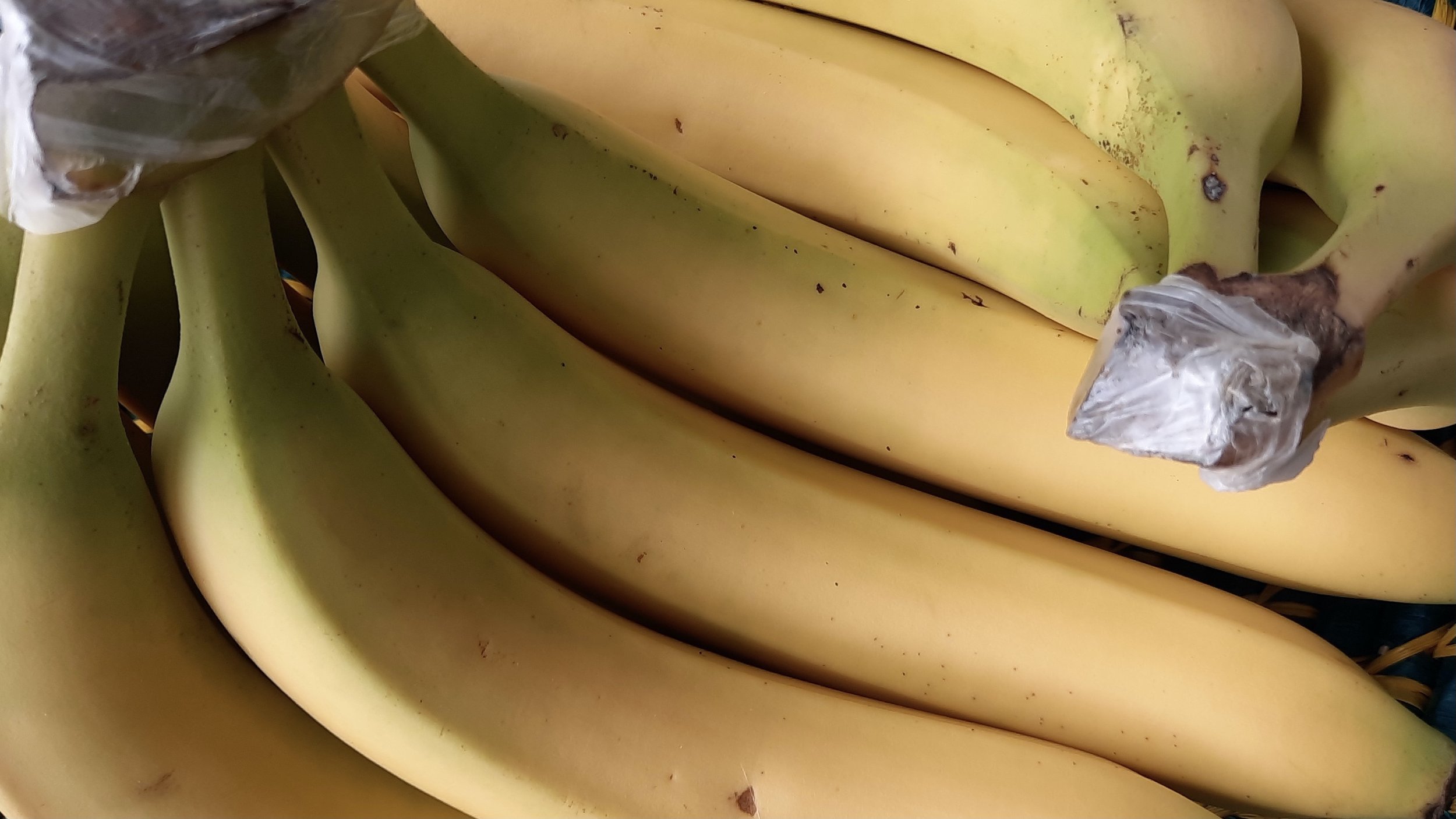KEEPING FOOD FROM SPOILING
Photo by Karly Jones on unsplash
A couple of weeks ago, yet again, another bunch of cilantro morphed into black slime despite my customarily diligent efforts to prevent that move: Immediately on returning with it from the store, I wash cilantro, spin it (almost) dry, then layer it carefully in paper towels, and place it in a plastic bag. But it lasts only four or five days before the rot sets in. (I love cilantro; I live alone; I dislike waste; I am annoyed.)
I wanted to see if I could allay this case of the disappointing cilantro. I discovered much—about cilantro surely (and other tender greens such as flat-leaf parsley and basil) and about much else.
Most of all, I learned that I have gas.
Ethylene gas, to name it, is a gas given off by some fruits and vegetables that speeds up ripening in either the gas-giver or its neighbors. It’s obviously safe; we’ve been living with and eating it for millennia. But it helps to know more about it.
Some fruits and vegetables such as apples, peaches, tomatoes and bananas (hizzoner in the ethylene department) produce healthy amounts of ethylene. Others, such as limes, lemons and avocados are sensitive to ethylene, so much so that in the presence of a gas-giver they ripen (read: spoil) overly quickly or unmanageably.
It’s apples and oranges but not some other citrus: That’s why lemons and limes shrivel up more quickly if stored in the fruit bin with the apples. Oranges and grapefruit are relatively insensitive to ethylene, so in with the apples they may go. But, at least at my house, the “7Up citrus” have their own special place.
Bananas are buds: By far, bananas are America’s most-loved imported fruit. They also are number one in ethylene production, mostly (interestingly) as a way to ripen their fellows in the same bunch.
As you know, the second that you detach that plastic wrapping at the stem end to get at one banana, it’s a race against time to keep the remainder of the bunch from browning by the end of the week. The ethylene emits from the stem end, so re-wrap the cluster of stems with a bit of plastic wrap and you’ll very much slow down the overall ripening of the rest of the bananas in the same bunch.
Bananas are America’s most-loved imported fruit—as well as Number One in ethylene production, mostly (interestingly) as a way to ripen their fellows in the same bunch.
About dem apples, and other firm ethylene-producing fruits such as pears, peaches, peppers and tomatoes of which I plan to eat the skins: We’re cautioned to avoid washing fruits, then storing them, because residual moisture can lead to bacterial growth and spoilage. Understood.
But these are different days and I do not know who touched or coughed or sneezed over these tasties before I bought them, or how long ago any of that may have happened. I very much want to scrub them well when I get them home. Before I store them, I dry them off as well as possible. If I strip off a protective layer of vegetable wax or rinse away some nutrients, these days I do not care.
Parsley and cilantro are like flowers: I cannot believe how well it works to treat long-stemmed herbs like, well, long-stemmed flowers. Wash, shake or spin off excess water, slice away one inch from the bottoms of all stems, and place in a container (plastic tub or wide jar works well) with an inch or so of cold water, then cover with a light plastic bag (such as a grocer’s vegetable bag).
Place in the refrigerator, tucking as much of the plastic bag under the tub or jar. Use the herbs as you need, refreshing the water every fourth day. I kept a bunch of cilantro in great condition this way for—get ready for it—12 days! Flat-leaf parsley, even longer.

